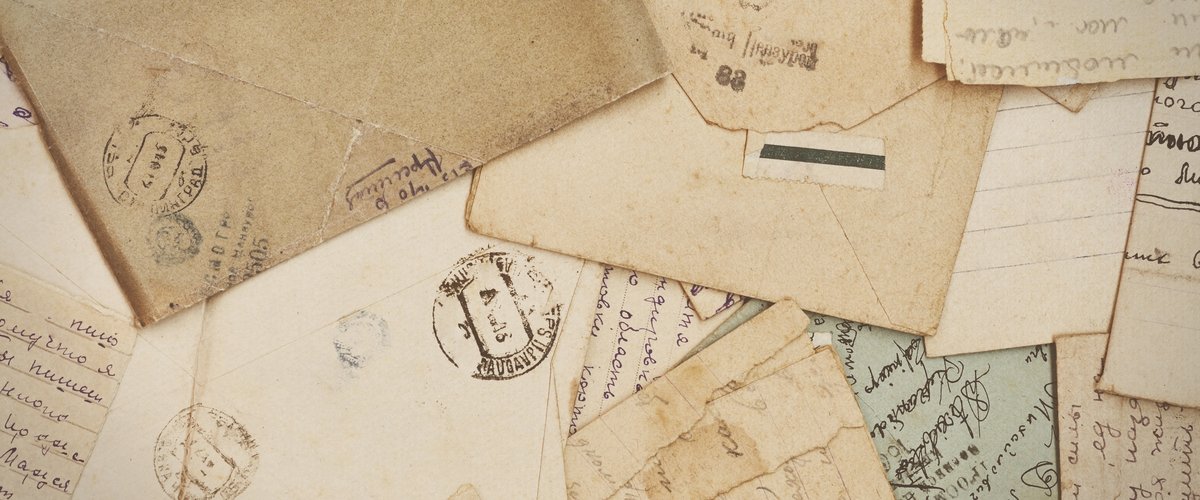- DURATION 60 mins
Event Description
After World War II, many people began visiting places on daytrips and weekend breaks, and the 1950s was the heyday for sending and receiving postcards. Let’s look at the history of postcards through a number of examples.
In 1861, the US Congress passed an act that allowed privately printed cards, weighing 1 ounce or under, to be sent in the mail; quickly followed by a patent and then mass production of commercial cards, followed by European countries from 1869. This quick, cheap, less formal correspondence meant that, by 1871, around 75 million postcards were sent, and by 1910 it was 800+ million a year. After World War II, many people began visiting places on daytrips and weekend breaks, and it became standard that people sent and received postcards. It could be seen that nostalgia is one of the main reasons people collect postcards: pictures and stories on cards are often associated with happy memories from the past. With franking of date, time and place recorded, you can hold history in your hand; and also the stamps reveal historically important people immortalised. Postcards can be a fascinating source of social history and convey a snapshot in time. For those wanting to start collecting, postcards are relatively inexpensive, making them ideal for beginners.
Postcards can be an informative genealogical tool. You can dissect the information of people and places mentioned, utilising addresses. You can then research the sender and recipient’s family, friends and acquaintances via records and archives. You can analyse the sender’s handwriting and signature, and reveal gossip, stories, and anecdotes from within the correspondence. You can then potentially find birth, marriage and death records, census information and utilise maps to incorporate genealogical revelations into your tree, and connect with relatives or descendants. There are also avenues for purchasing postcards, and details of these will be given, so if someone is researching a family from a specific area, then postcards will inevitable be available for purchase from shops or online. This can help with background contexts and social history. A number of picture postcard examples will be given from around the world. Wish you were here!
- Duration: 60 mins
- Online Zoom event: Join from your computer, phone or tablet (no replay available)
Dr. Penny Walters has been a University lecturer for 35 years, currently teaching Masters’ Business studies at Bath Spa University, England, and previously Psychology and Ethics. Penny's interest in genealogy started after having her first baby and then wondering about her biological parents, as she was adopted. Penny has six mixed race children, who have all enjoyed discovering their roots through DNA ethnicity results. Penny lectures internationally in-person, writes articles, and is sought after for a wide range of webinar topics. Penny has authored the books: 'Ethical Dilemmas in Genealogy' (2019) and ‘The Psychology of Searching’ (2020), available on Amazon in paperback or on kindle www.searchmypast.co.uk
Preparing for the Event
For the best experience, you will need to have Zoom downloaded onto your computer. Please ensure you're connected to broadband/wifi rather than using your mobile phone connection (3G/4G).
We also recommend that pets are either calmly sitting on your lap or in another room, and any refreshments you may require are within your reach!
Resources
Wish you were here - postcards as a genealogical tool has supplementary learning materials provided by the event host. Once you book an event, you will get access to these resources.
More Information
What if I can’t make the event?
If a recording’s available for the event, you can still register for it and we will send you an email with a link to a recording shortly after it ends.
Will my camera be on and will I be visible to the other people?
Your camera and microphone does not need to be on for you to enjoy the event. The choice about whether to do this is completely yours.
How do I watch the live event?
Rest Less events are hosted on Zoom, a computer application that allows you to attend online events just by clicking a link. For detailed instructions, please go to our "FAQ" page, which you can find a link to in the nav bar at the top of the page.
How do I sign-up for and access the recording? (Recorded events only)
Book the event as normal (as if you are attending live). After the event ends you will automatically receive a post-event email with a link to the recording, as long as the event was recorded. You do not need to do anything else and there is no separate booking process for recordings only. Please note it can take up to 24 hours for Zoom to process recordings.

